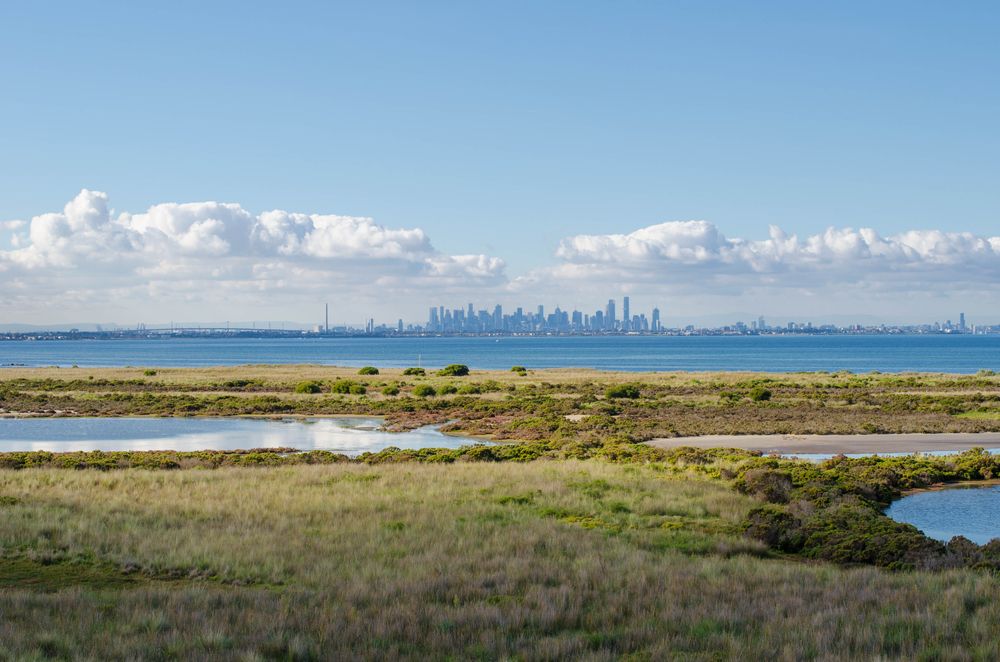
At Site Geotechnical, we understand that wetlands play an essential role in land development projects across the country. While most of our clients are already familiar with their environmental benefits, such as flood mitigation and water quality improvement, our focus is on the geotechnical considerations that can help wetlands perform reliably and sustainably.
Let’s discover why our wetland investigations are so valuable and how they can support your project’s development and success.
There are currently 67 Ramsar wetlands across Australia, and these unique and important wetlands play a vital role in preserving our local biodiversity. The Australian Wetlands Database has a list of Ramsar wetlands and a wider search function for other wetlands across the country you can access to see if any of these wetlands are near your proposed development project. You can also find out more about wetlands on the DCCEEW’s (Department of Climate Change, Energy, the Environment and Water’s) website on their page About Wetlands.
Here are some of the ways wetlands can help their environment:
Developing land for infrastructure often involves damming or draining wetlands, which then can prevent it from doing its job and sometimes even destroy the wetland completely. Wetlands can also be ruined by pollution, or by both animal and plant-based intrusive species.
Find out more about how wetlands impact our environment by reading the DCCEEW’s page on Wetlands and Coastal/Urban Development.
At SITE Geotechnical, we perform wetland investigations for residential developments to make sure they have these extremely useful water features available and that new and existing developments can enjoy their benefits. Our wetland investigations, alongside dam investigations, use soil from the area to create the best match and to develop a structure that can contain water and won’t erode away.
Creating wetlands involves many stages of on-site and laboratory testing to make sure the right type of soil and structure is used. Here are some of the ways SITE Geotechnical will perform a wetland investigation:
SITE Geotechnical has performed hundreds of these types of investigations across Victoria. You can discover some of our previous works, including how we investigated and what the project was for, in our list of past projects.
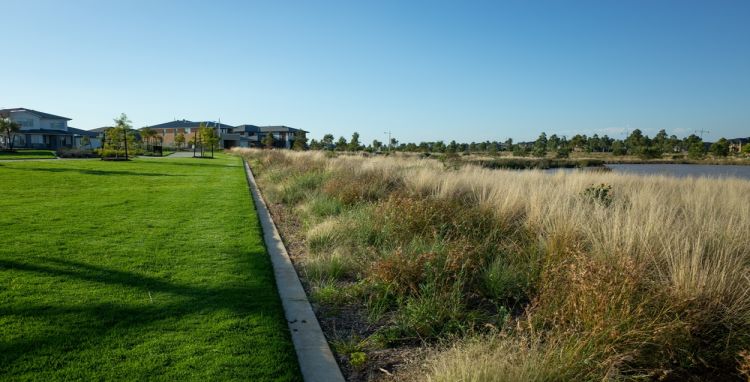
Do you have a question about our wetland investigations or about wetlands in general? You might find the answer here!
If you’ve been searching the internet for ‘wetland investigations’, then you might have come across the term ‘wetland delineation’. These do not mean the same thing, and a ‘wetland delineation’ is a term seen most commonly in the USA. ‘Wetland delineation’ refers to the process of determining where a wetland begins and ends in an area, and is mandatory before any federal or state development project. If there is a chance a wetland may be impacted by a project in America, then delineation must happen beforehand!
Want to go fishing in the wetlands near your home? Chances are it’s allowed, but there are certain areas and bodies of water where fishing restrictions may apply. These include intertidal zones, water catchments and certain areas of specific creeks and rivers. You can learn more about why fishing isn’t allowed in certain areas on the Victorian Fisheries Authority’s page on Waters with Fishing Restrictions.
Want an easy way to see if you can fish in your local wetland? Get the free Recreational Fishing app for your smartphone for instant access to what you need to know!
If you live close to a wetland, there are several things you can do to help keep it healthy and thriving. First, avoid using harsh fertilisers and insecticides in your garden, as runoff from these can enter the wetland and damage the delicate biodiversity within.
You should also safely dispose of things that could harm the wetland, such as rubbish and non-native or aggressive plants. These can destroy native flora and trap, harm and even kill insects, marine life and animals nearby.
Finally, keep an eye on your pets–cats, dogs and even rabbits can also cause great damage to the creatures and plants that call your local wetland home. Make sure they are confined to your property or on a leash, should you choose to walk with them through your wetland!
You can browse the DCCEEW’s website to find out more information about Australian wetlands, as well as our other bodies of water and how we need to manage them as we continue to develop new housing and infrastructure for our growing population.
With decades of experience in geotechnical engineering, we have the expertise to deliver all sorts of targeted services, and these include professional wetland investigations. We provide reliable data and practical guidance to make sure that your wetland will contribute effectively to the overall success of your project’s development.
Whether you need a detailed site assessment, laboratory testing, or construction-phase support, our team is ready to help.
Wetland investigations are just one of the many ways we can assist our clients with their development projects. Here are just some of the other services we provide:
Make sure to browse the full range of our professional services online.
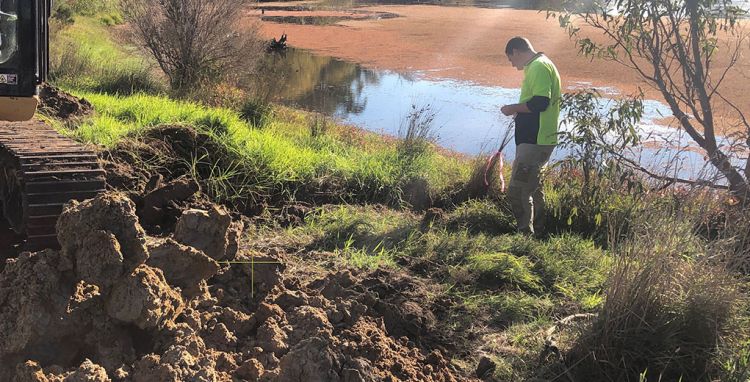
If your development project involves wetlands, let us assist in making it a successful one. Contact Site Geotechnical today to discuss your specific requirements and learn how our investigations can provide the foundation for a sustainable and efficient design. We are a member of Engineers Australia and are fully qualified and licensed to perform all the geotechnical services you might need for your project.
If you’d like to use our wetland investigations service or just need some more information about what we can do, please call us on 1300 557 260 or use our online message form to get in touch.
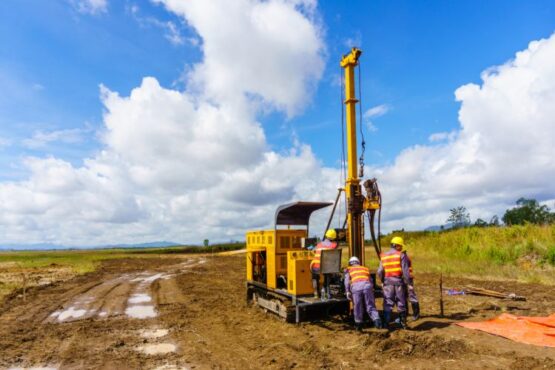
A successful building project starts with the soil foundation. Learn why conducting a geotechnical survey before construction is crucial for stability and efficiency.
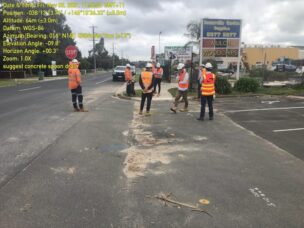
You may not think much about the pavement beneath your feet, but a great deal of planning and preparation goes into the design, creation and laying of pavement. Pavement design in particular needs a lot of careful thought, as it is used in critical infrastructure projects such as the building of major highways, warehouses, large […]
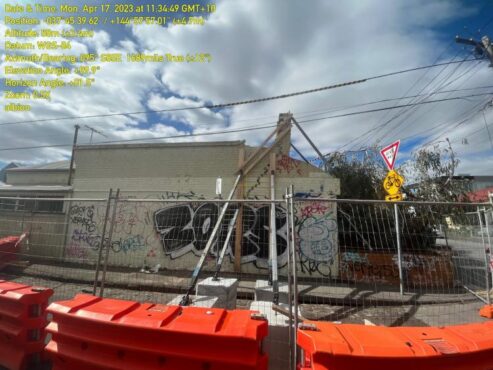
Have you noticed cracks in the walls or ceiling of a building? Are your doors or windows no longer closing easily? Small cracks are no cause for alarm, but larger ones are the signs of a distressed building, and the underlying cause needs to be looked into straight away. A distressed building will need more […]
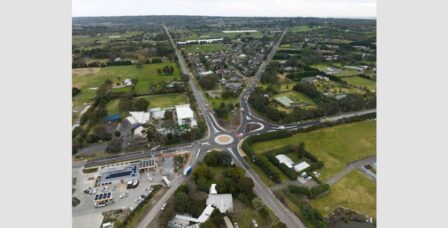
Having the right or wrong pavement design can make millions of dollars difference in a project. That’s why it’s so important to do your pavement design correctly the first time around, and this includes choosing the right team of pavement engineers for the job. Pavement design is about more than footpaths–it actually influences all kinds […]
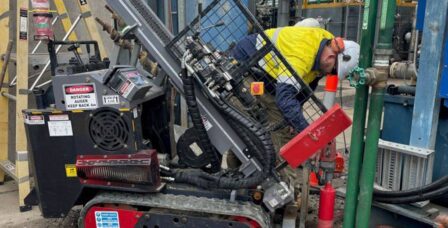
Geotechnical site investigations often involve the use of a drilling rig in a wide and open space, but what if the areas you are trying to work on have size or access constraints? In these circumstances, you’ll need access to geotechnical drilling technologies that can work for both small and large-scale infrastructure projects. This is […]
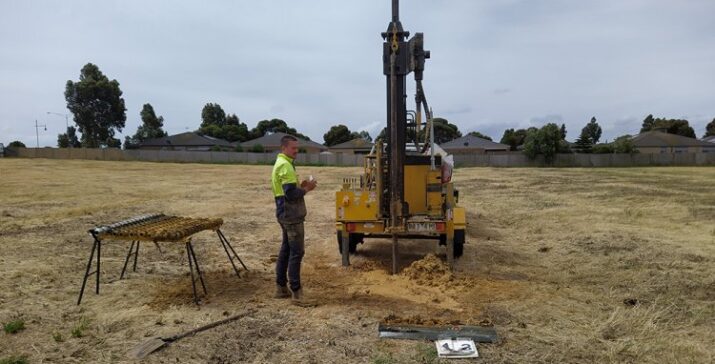
In the midst of planning a construction project? Whether you’re building a road, a bridge, a commerce centre, or a dam, the earth you’ll be working with can have a profound impact on the success of your project. Geotechnical services consist of many different types of studies and tests on a particular site that delve […]
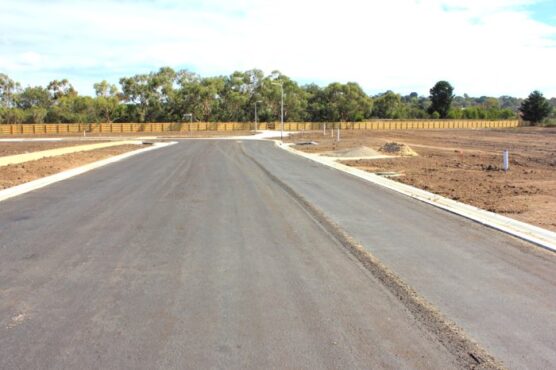
When you think of recycling, your mind might immediately go to paper or cans, but did you know recycled construction and waste materials play a strong part in pavement design in Melbourne as well? Pavement is everywhere, from our sidewalks and personal driveways to roads, construction platforms and rail trails. Expanding cities are constantly creating […]
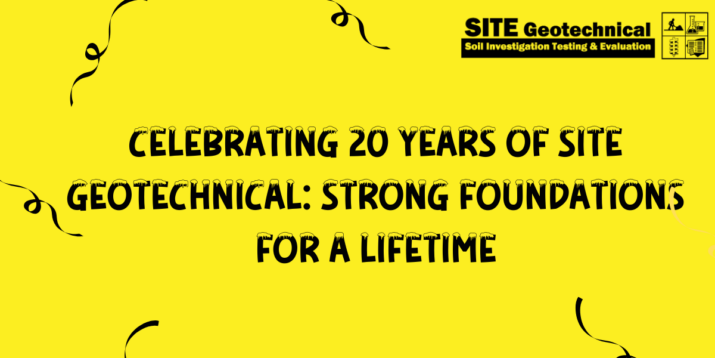
For two decades, SITE Geotechnical Pty Ltd has been at the forefront of geotechnical engineering, providing expert investigations and recommendations that ensure strong, lasting foundations for infrastructure and development projects. Our journey from a small consulting firm to a leading geotechnical service provider in Victoria has been defined by innovation, expertise, and an unwavering commitment […]
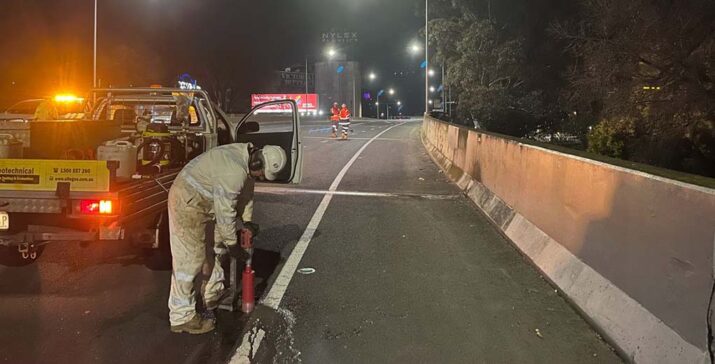
In the world of infrastructure, maintaining and upgrading pavements is a constant challenge. Victorian roads endure heavy traffic, harsh weather, and can simply wear down over time, often leading to deterioration that demands action. Historically, a full reconstruction—ripping out old pavement and starting fresh—has been the go-to solution. But there’s a smarter, more sustainable alternative: […]